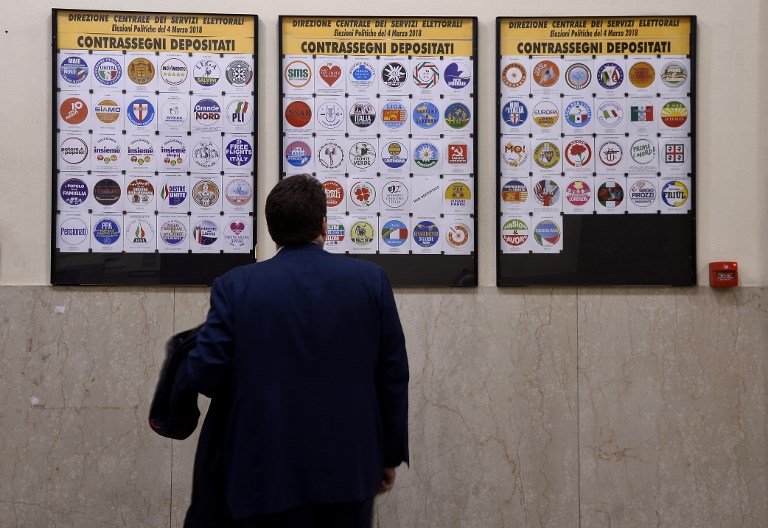
Greece, Italy, Portugal and Spain went several times to the polls during the 2010–2019 decade. It was a period characterised by the strenuous effort to recover the economic situation before the onset of the Great Recession; an effort, however, often constrained by externally imposed austerity policies, and by a refugee crisis that contributed to the growing salience of the immigration issue. The article adopts an original sub-national approach to examine if and how the economic situation and the incidence of immigration affected the electoral outcomes in the four South-European countries. Adopting a theory of retrospective behaviour, the research reported in the article confirms the association between employment and immigration levels, on the one hand, and punishment of the incumbent government on the other. However, the electoral effects of immigration are conditioned by the partisan composition of the government and, under centre-right cabinets, are aggravated by a negative economic conjuncture.
Marco Giuliani (2023). Voting between two global crises. A NUTS3-level analysis of retrospective voting in four South-European countries, Italian Political Science Review, 53(1): 68–84, DOI: 10.1017/ipo.2022.9



